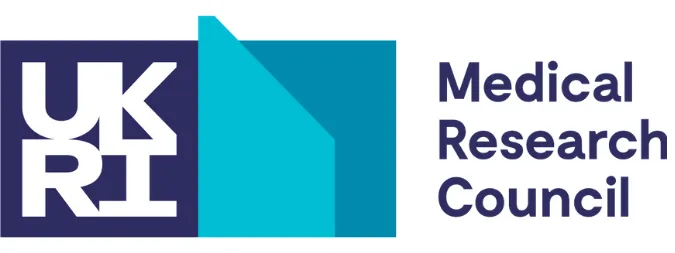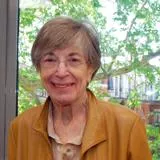We aim to advance understanding of the biology and orchestration of the different human antibody lsotypes. We are currently focusing on IgE and IgD, their cell receptors, signalling pathways, biological functions, and pathological manifestations, particularly in respiratory allergy and asthma (in collaboration with clinical researchers). As members of the Asthma UK Centre in Molecular Mechanisms of Asthma, we work mainly with a clinical collaborator at Guy’s Hospital and colleagues in the branch of the UK Centre at Imperial College.
In the past few years, we have investigated the B cell repertoire in asthma and discovered that, far from “sitting tight” in the bronchial mucosa, the cells circulate through the blood, proliferate, and undergo somatic hypermutation and antigen affinity maturation. Thus, their progeny are disseminated from their sites of origin in the mucosa throughout the mucosa, maximising allergic hypersensitivity to aeroallergens (Ohm-Laursen et al., Frontiers in Immunology, 2021). Another important conclusion from this study was the increased abundance of IgD-expressing B cells in the bronchial mucosa of asthma patients. Bioinformatics on the nucleotide sequences indicates that the IgD B cells are antigen-driven, pointing to a role for IgD in the pathogenesis of allergy.
Our current aim is to determine the antigen specificities of IgDs, which may lead to a treatment or cure for allergy and asthma, and possibly prophylaxis, preventing the development of the disease in people at risk. Surprisingly, we found that IgD has been ignored in mainstream immunology. Funded by an MRC Project Grant, we collaborate with structural biologists in the Randall Centre, Brian Sutton, James McDonnell and Andrew Beavil, to analyse the structure, function and mechanisms of action of IgD. Further knowledge of this isotype has the potential to lead to new prophylactic or therapeutic approaches to intervention in allergy.


